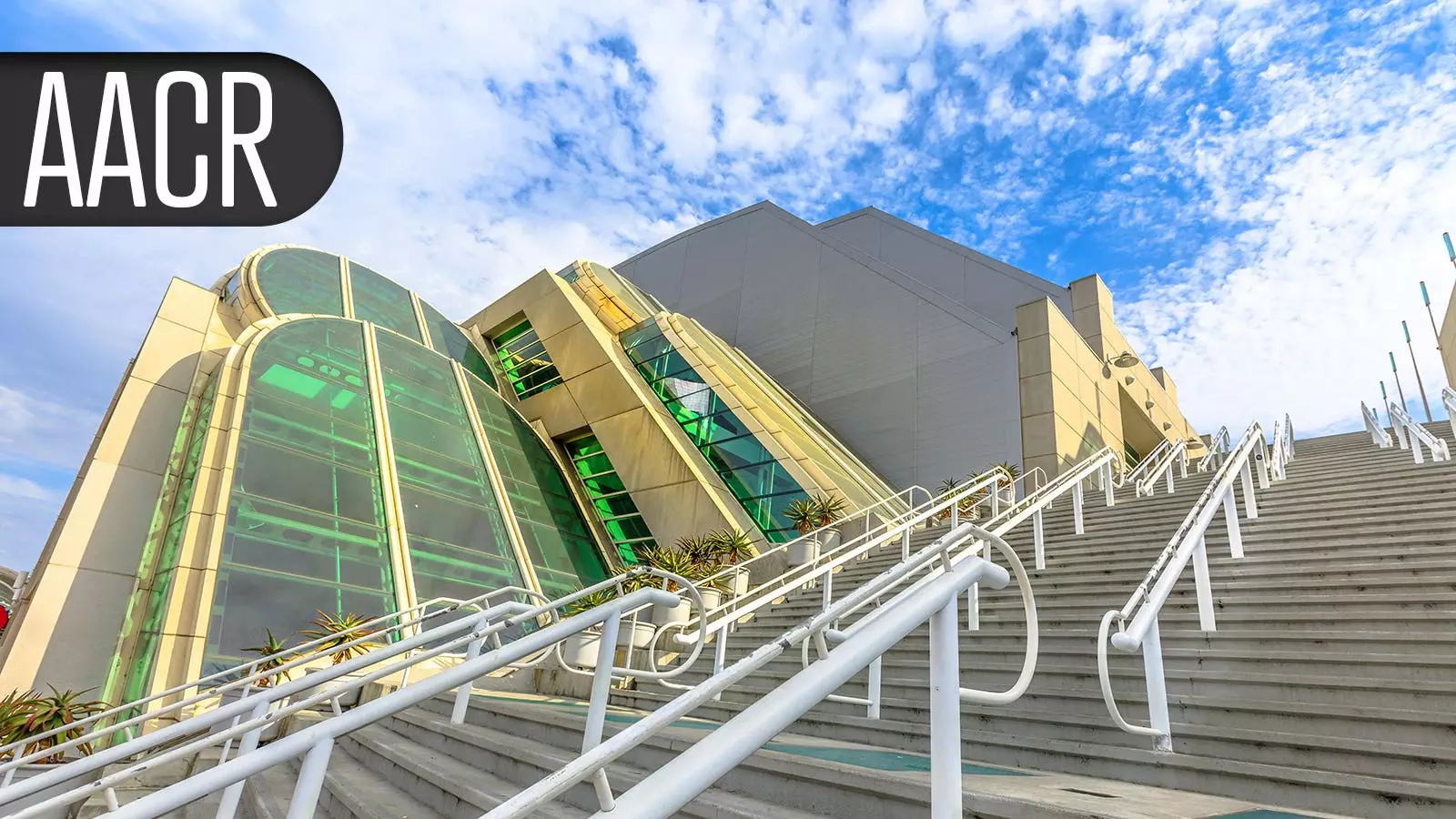In a recent small pilot study, the combination of chemotherapy and immunotherapy showed promising results for borderline resectable pancreatic cancer. The phase I/II trial involved preoperative treatment with modified FOLFIRINOX plus nivolumab, resulting in favorable rates of R0 resection, as well as a median progression-free survival of 21.9 months and median overall survival of 34.6 months. These findings open up new possibilities for treatment in less-advanced stages of the disease.
Traditionally, chemotherapy and immunotherapy have been studied in the metastatic setting with limited success. However, the results of this study indicate the importance of exploring these treatment options earlier on in both borderline and locally advanced disease. By understanding the impact of these drugs on tumor biology in less-advanced stages, we can potentially improve outcomes for pancreatic cancer patients.
Out of the 28 patients in the study, 22 underwent surgery, with 79% achieving R0 resections. This is significant, as achieving an R0 resection is associated with longer survival outcomes compared to an R1 resection. Patients with borderline resectable cancer, who make up about 20% of pancreatic cancer cases, stand to benefit greatly from improved resection rates.
One of the challenges in treating borderline resectable pancreatic cancer is introducing effective drugs in the neoadjuvant space. Adjuvant treatment for this type of cancer is notoriously difficult, making it crucial to explore neoadjuvant therapies. The study’s positive progression-free and overall survival outcomes signify a step in the right direction towards improving treatment options for these patients.
Comparison with the Alliance A021501 study revealed that the R0 resection rates achieved in the current study were higher. By using neoadjuvant therapy to reduce recurrences, the researchers were able to achieve favorable resection rates and survival outcomes. This approach holds promise for improving the overall prognosis of borderline resectable pancreatic cancer.
Participants in the study had a median age of 67.5 years, with the majority being male. Most patients had a good performance status at baseline, and they completed a median of 5.5 cycles of treatment. The follow-up period for survival outcomes was 25.6 months, during which the primary endpoint of safety and secondary endpoints of resection rates and survival were evaluated.
Survival outcomes were particularly encouraging for patients who underwent surgery, with Kaplan-Meier estimates showing progression-free survival of 27.3 months and overall survival of 44 months. The 12- and 18-month overall survival rates were higher than historical controls, indicating the potential benefits of the neoadjuvant treatment approach.
While half of the patients experienced grade ≥3 adverse events, all of these were attributed to chemotherapy. Importantly, there were no grade 2 postoperative fistulas or postoperative complications, highlighting the safety profile of the treatment regimen used in the study.
The findings of this pilot study suggest that a preoperative combination of chemotherapy and immunotherapy holds promise for improving outcomes in borderline resectable pancreatic cancer. By exploring neoadjuvant treatment options, we can potentially enhance resection rates, survival outcomes, and overall prognosis for patients with this challenging disease. Further research and larger clinical trials are warranted to validate these findings and advance the field of pancreatic cancer treatment.

Leave a Reply